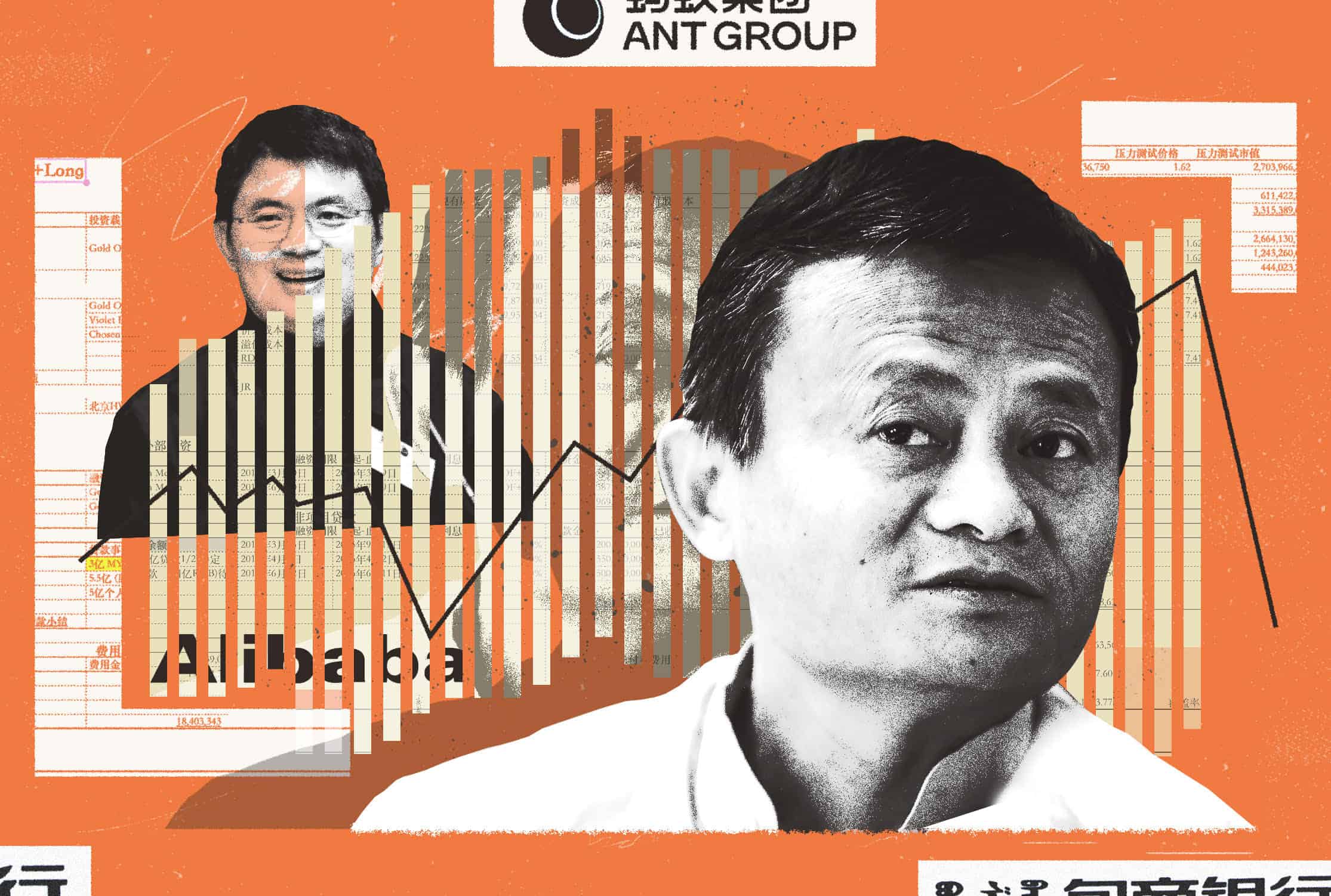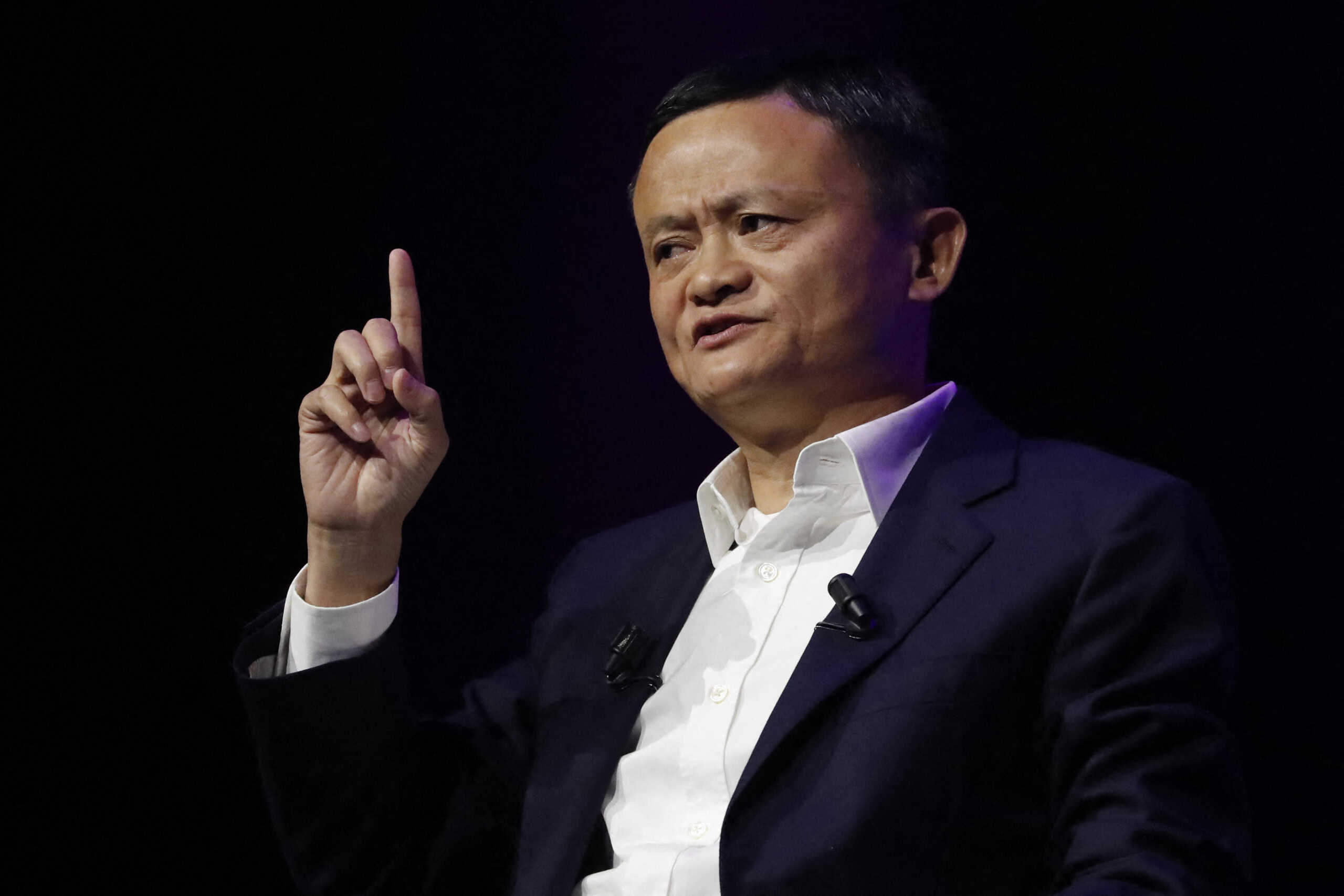Good evening. Earlier this year, part of Taiwan lost internet connectivity for 51 days after both of the subsea cables to the Matsu islands were cut. The Taiwanese government has stopped short of calling the outages a deliberate act, but among defense experts and foreign policy analysts, the cause is clear: China. Our cover story this week looks at the emerging battle over subsea cables and what it means for control of the internet. Elsewhere, we have infographics on the murky world of debt collection in China; an interview with Chun Han Wong on how Xi Jinping has changed China; a reported piece on what Taiwan wants us to know; and an op-ed about the Shangri-La Dialogue, held in Singapore, last week. If you’re not already a paid subscriber to The Wire, please sign up here.
Want this emailed directly to your inbox? Sign up to receive our free newsletter.
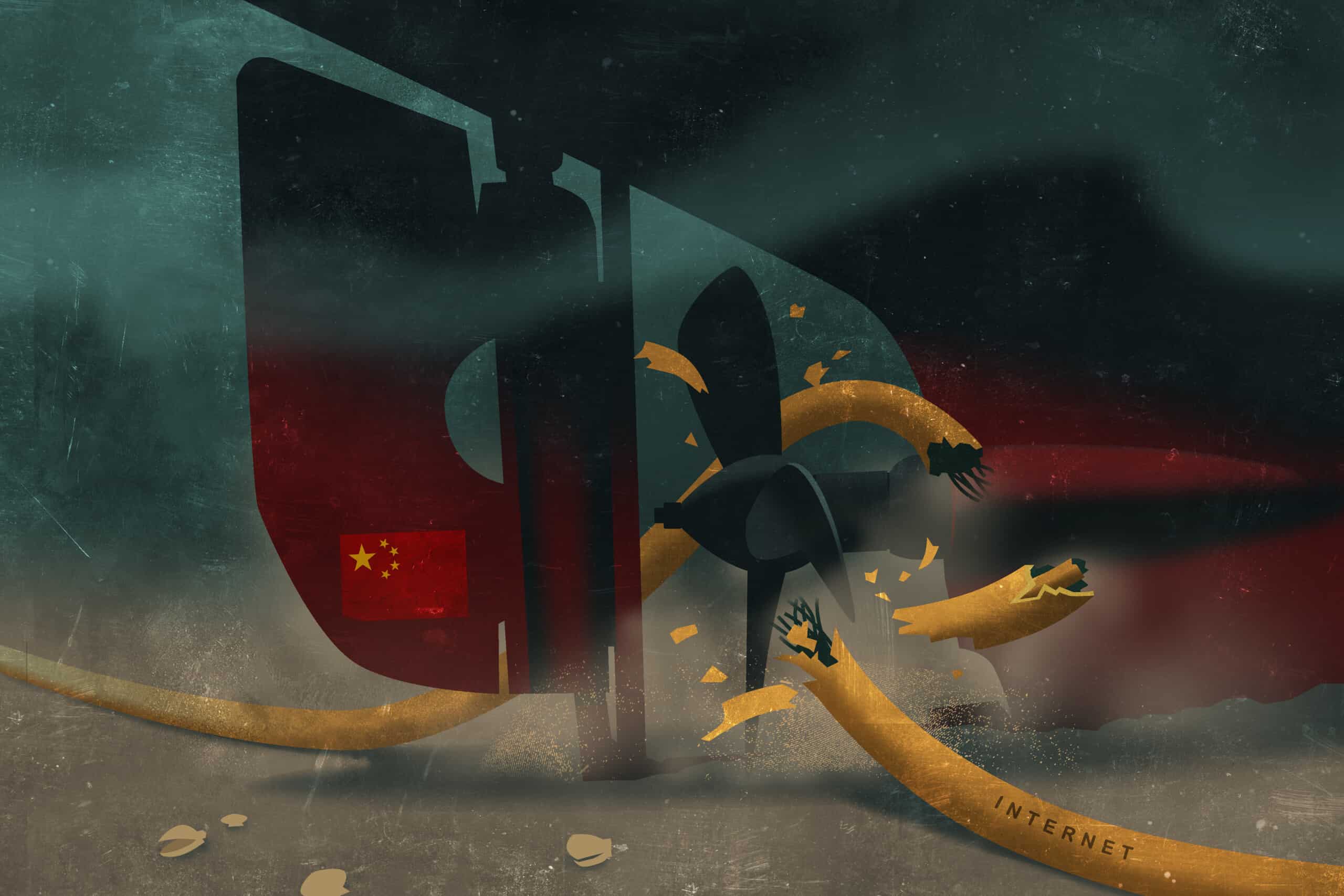
Cable Cutters
On February 2, a Chinese fishing vessel cut one of the two subsea internet cables connecting the Matsu islands to Taiwan. Six days later, an unidentified ship severed the second cable, leaving Matsu’s 14,000 residents cut off from the outside world. Was it an unfortunate coincidence? Or a deliberate act of vandalism — one that was designed even to be a test run of a similar assault on all of Taiwan? Gregor Stuart Hunter reports on the fragility of internet infrastructure and what it represents for the global battle over information.
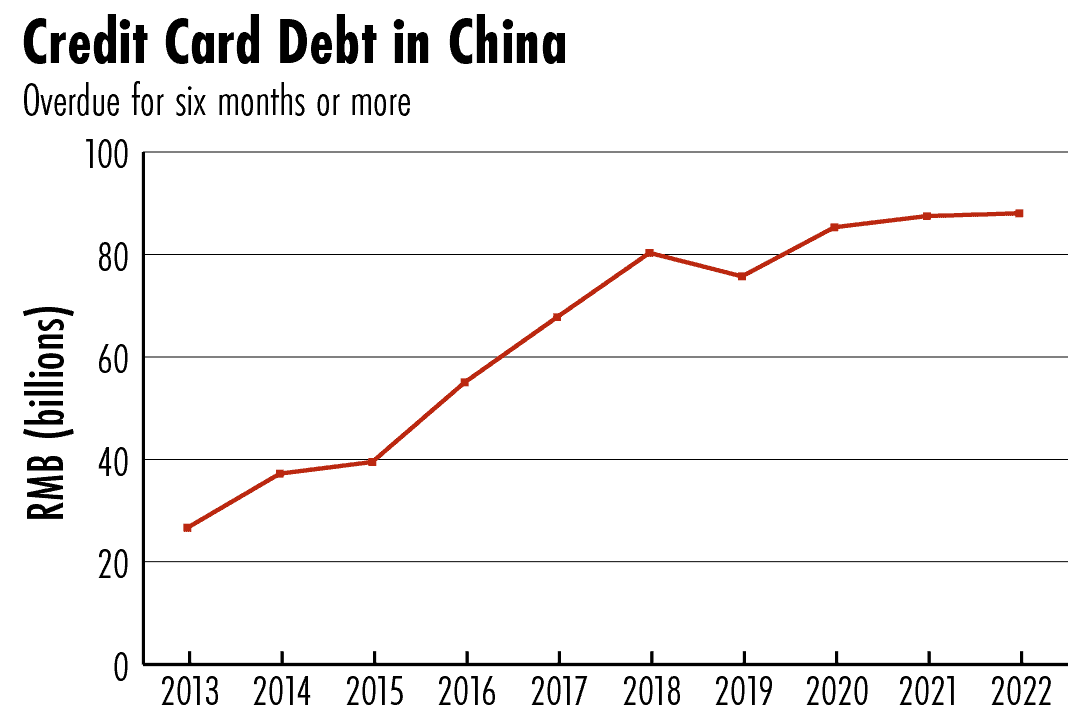
The Big Picture: Dicey Debt Collection
Debt collection is the latest industry to face scrutiny from Beijing: On May 25 Hunan Yongxiong Asset Management Ltd, one of China’s largest debt collection agencies, announced it was suspending its operations after police raids on its offices. This week’s infographics by Aaron Mc Nicholas look at the rise and fall of Hunan Yongxiong, which once commanded an arsenal of more than 10,000 employees and had aspirations of listing on the New York Stock Exchange.
A Q&A with Chun Han Wong

Chun Han Wong is a reporter at The Wall Street Journal, where he covers Chinese politics and foreign policy. In 2019, he was effectively expelled from mainland China after he published an article about Xi Jinping’s cousin, and in 2021, he was part of a team of reporters at The Wall Street Journal named as Pulitzer Prize finalists for their coverage of China’s autocratic turn under Xi Jinping. In this week’s Q&A with Katrina Northrop, he talks about his new book, Party of One: The Rise of Xi Jinping and China’s Superpower Future; how Xi keeps his rivals at bay; and what could happen after he finally steps down.
Chun Han Wong
Illustration by Lauren Crow
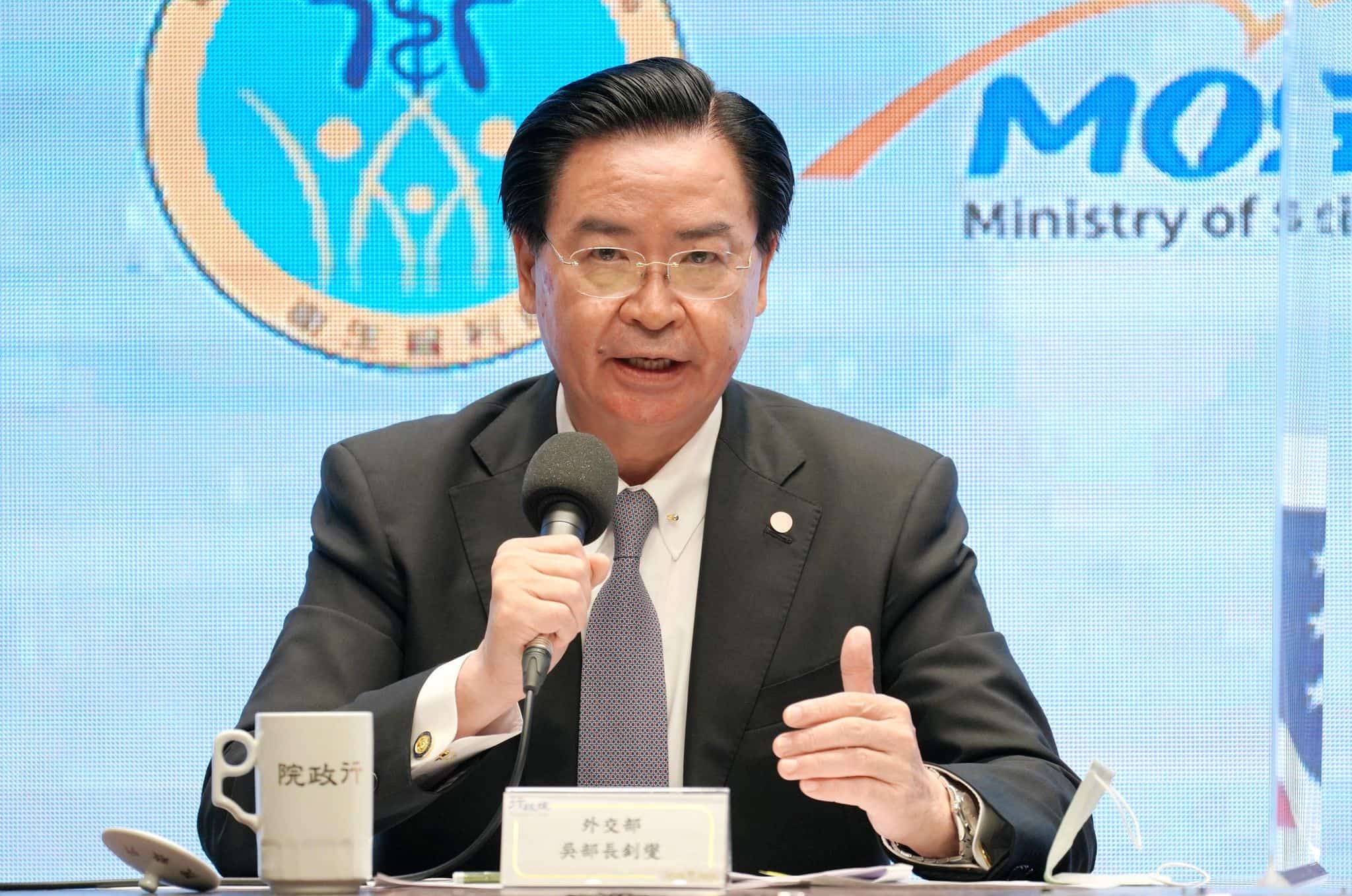
What Taiwan Wants Us to Know
The Taipei government is keen to show the island is more than a political football between the U.S. and China. Bob Davis reports from a recent press junket to Taiwan.
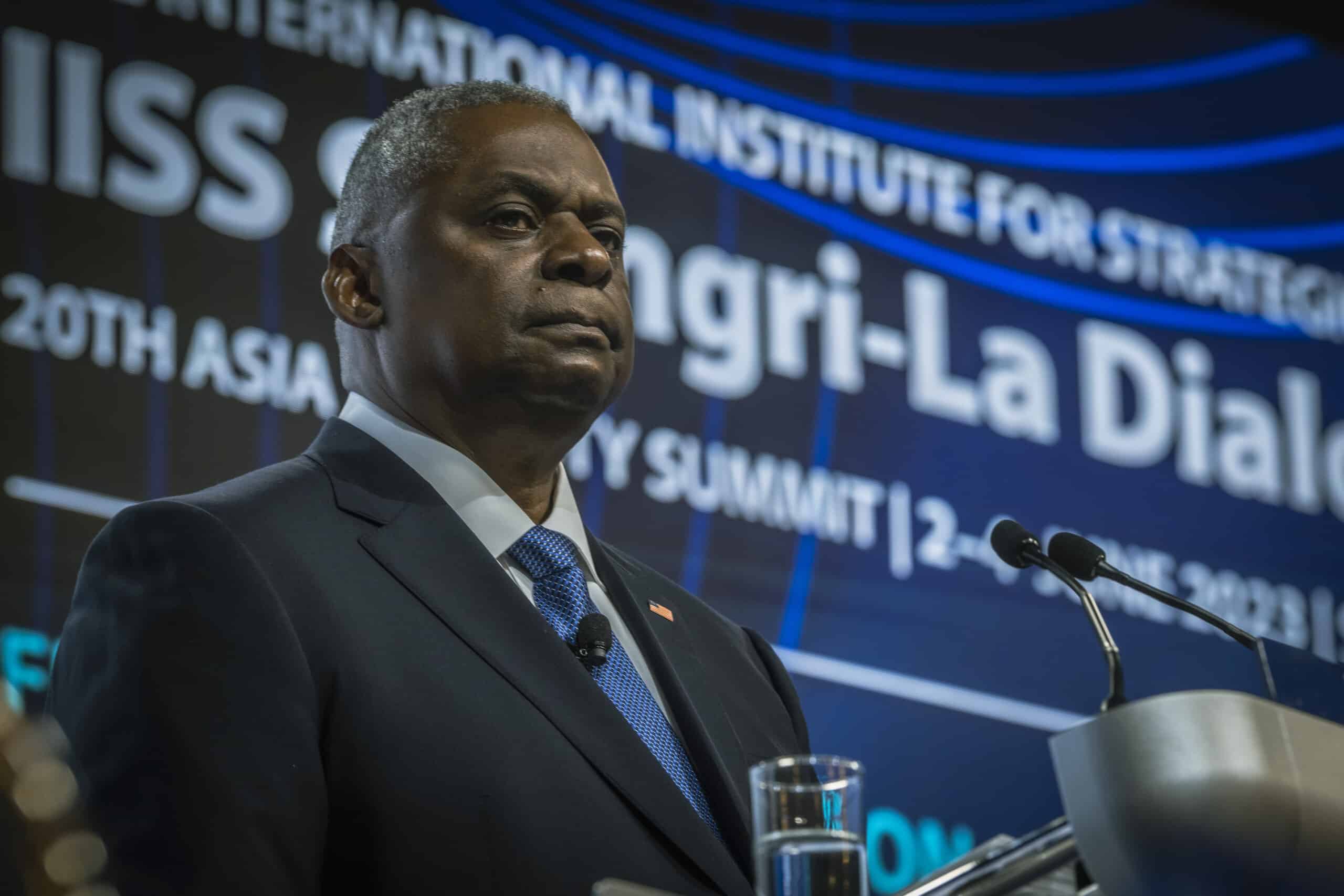
Spilling the Tea on the SLD
The way we talk about the U.S. and China rivalry could do with less sports-style commentary and more rounded analysis, argues Josh Cartin, who served as Deputy Senior Director for East Asia at the National Security Council in 2017-2020, in this week’s op-ed.
Subscribe today for unlimited access, starting at only $19 a month.

